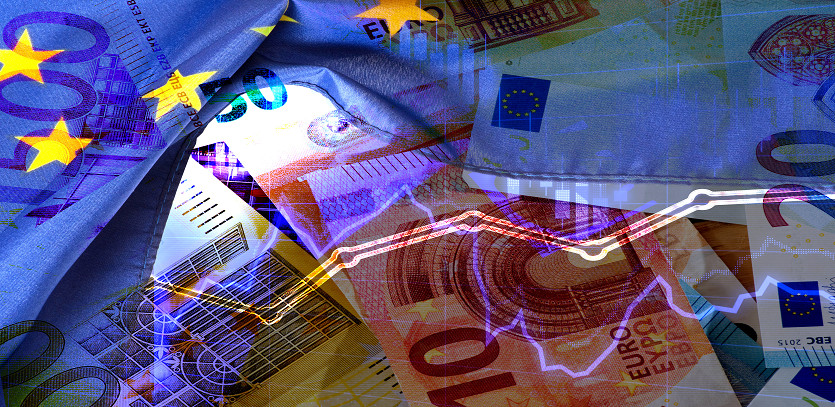An Overview of the European Stock Market
Home to some of the world's most prominent stock exchanges, the European stock market stands as one of the largest and most fluid of its kind. It comprises 27 European countries' stock exchanges, including powerful economies such as the United Kingdom, France, Germany, Italy, and Spain. The European market is considerably diverse, hosting a broad spectrum of industries and sectors.
The Historical Backdrop of the European Stock Market
Europe's stock market has a rich historical narrative. The first European stock exchange came to life in 1531 in Antwerp, Belgium. This was followed by the establishment of the London Stock Exchange in 1698 and the Paris Bourse in 1792. Though initially unregulated and volatile, the market began to see increased government regulation following the Great Depression, which brought stability and attracted a range of investors.
Changing Market Dynamics in Recent Years
In the past few years, European stock market has seen increasing integration, driven by the formation of the European Union (EU). This has streamlined cross-border trade for companies and brought about a number of laws making the market more transparent and efficient.
Current Trends and Future Prospects
Today, the European stock market finds itself in a turbulent phase, largely due to political uncertainties, rising inflation, and fears of a global recession. Nevertheless, multiple factors suggest a promising future. These include robust economic growth across numerous European nations, low-interest rates, and the continuous integration of the European market.
Key Factors Influencing the European Stock Market
The European stock market reacts to a multitude of influences. Factors such as economic growth, interest rates, inflation, political dynamics, and geopolitical occurrences can impact its performance significantly.
Noteworthy European Stocks
Several notable companies call the European stock market home, including LVMH (France), Nestle (Switzerland), SAP (Germany), ASML (Netherlands), and AstraZeneca (United Kingdom).
Expert Views on the European Stock Market
Experts’ opinions on the future trajectory of the European stock market are mixed. While some anticipate a period of volatility followed by a recovery and an upward trend, others predict an overvaluation correction. Regardless of the differing views, the consensus is that political conditions, inflation, and the state of the global economy will heavily influence future market behaviors, necessitating careful consideration from investors.





